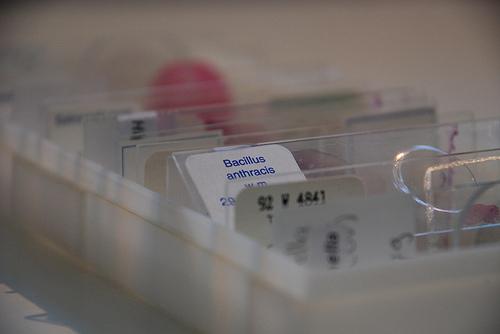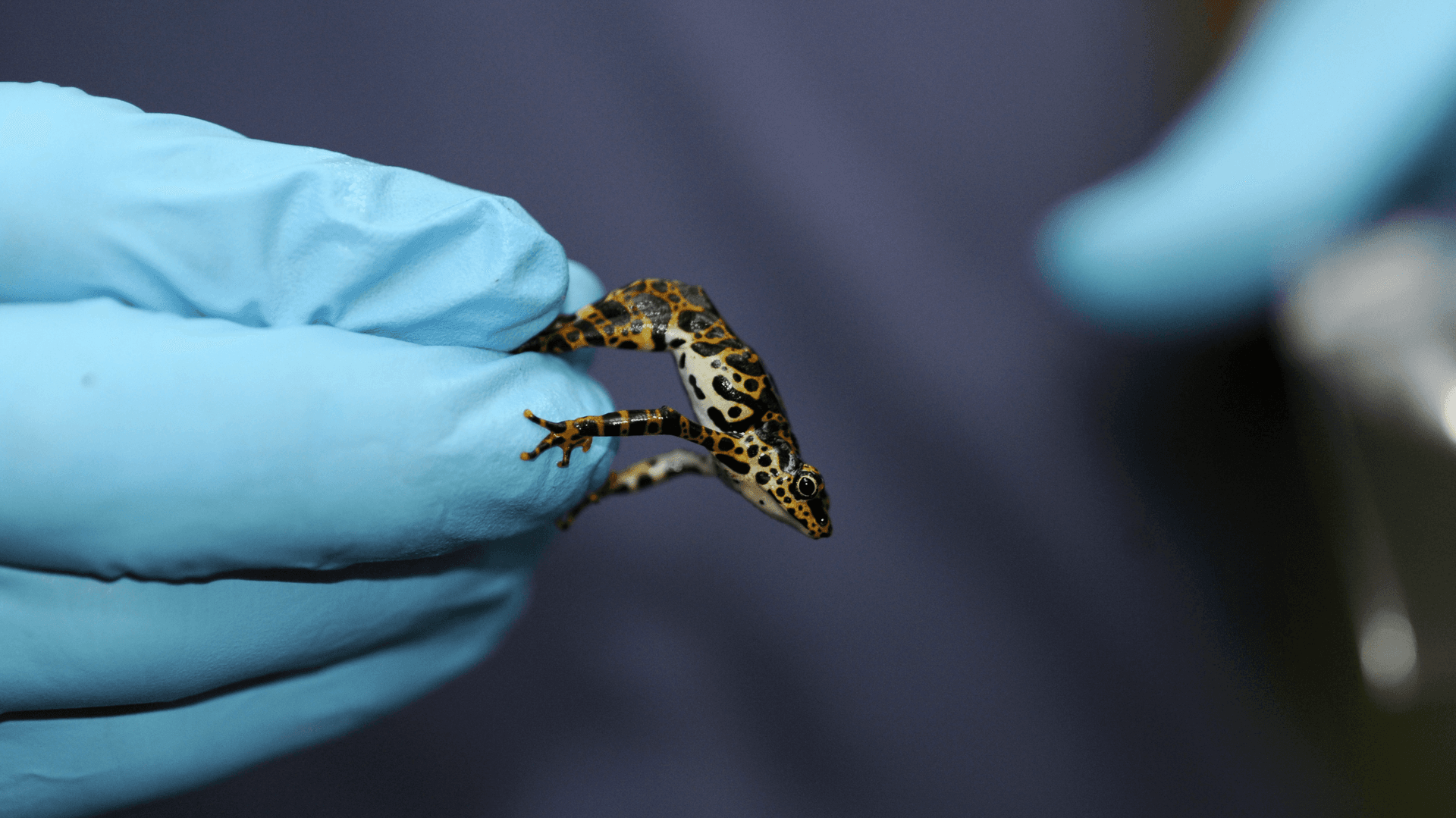Bacteria
Weed-killing sprays may also be killing our ability to fight bacteria
Penicillin overkill has created life-threatening bacteria that are resistant to antibiotics. But now some new research shows that common herbicides used in farming can also breed resistant bacteria, and no one’s sure how that may affect humans.
The dawn of the cyborg bacteria is here
It might be, but at a tiny level: Scientists at UPenn are working on using bacteria to control small synthetic structures, hoping to one day use them to deliver highly targeted doses of medicine. And don’t worry about the apocalypse: They still can’t defeat a bottle of bleach.
As fracking booms, waste spills rise — and so do arsenic levels in groundwater
Wastewater created by fracking contains many toxic elements and chemicals that can contaminate groundwater. The good news? Microbes in the soil feast on the metals and help clean up the spill. The bad news? This process can release high levels of arsenic into the groundwater.
‘Bacterial nanowires’ may lead to breakthroughs in semiconductors, fuel cells and more
When certain cells are deprived of oxygen, they do surprising things — including morphing part of themselves into a long wire and breathing rocks. It may sound weird, but it’s true, and it could help develop new technologies.


